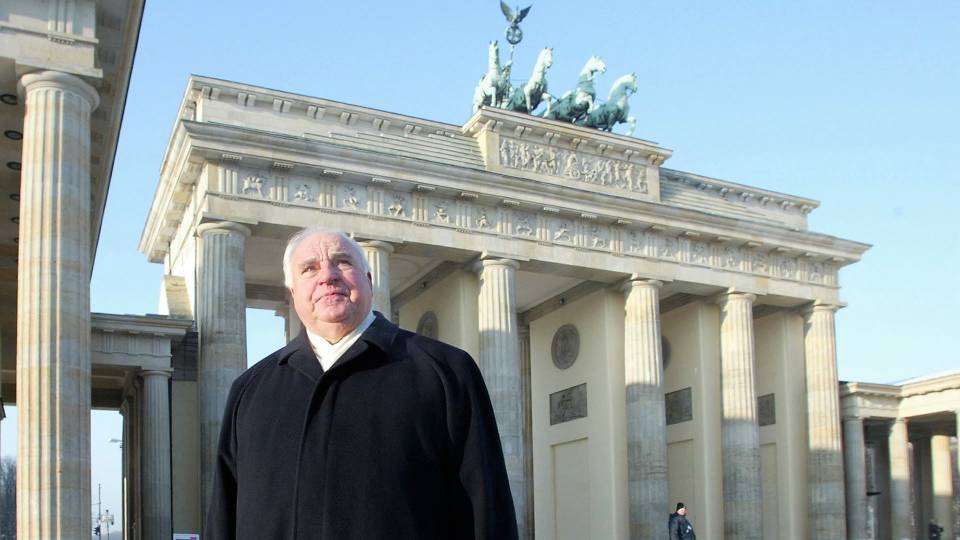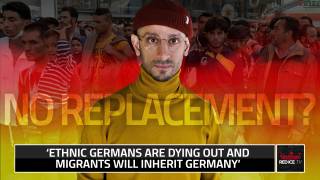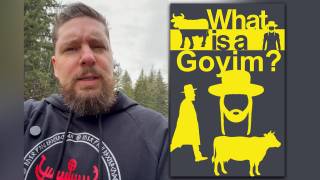German Reunification Architect Helmut Kohl Dies at 87
Helmut Kohl, Germany's ex-chancellor and architect of reunification in 1990, has died at 87.
Kohl led Germany for 16 years (from 1982 to 1998). He is credited with bringing East and West Germany together after the fall of the Berlin Wall.
Together with his French ally President Francois Mitterrand, he was responsible for the introduction of the euro.
European Commission chief Jean-Claude Juncker has ordered flags at EU institutions to be flown at half-mast.
German Chancellor Angela Merkel said his death filled her with deep sadness.
"It will take a while before we can really appreciate what we have lost with his passing," she said.
"Helmut Kohl was a great German and a great European. Helmut Kohl's efforts brought about the two greatest achievements in German politics of recent decades - German reunification and European unity.
"Helmut Kohl understood that the two things were inseparable."
For his part, Mr Juncker said in a tweet: "Helmut's death hurts me deeply."
"My mentor, my friend, the very essence of Europe, he will be greatly, greatly missed."
Former US President George HW Bush paid tribute to the man he knew while in office from 1989 to 1993 as a "true friend of freedom" and "one of the greatest leaders in post-war Europe".
German Foreign Minister Sigmar Gabriel paid tribute to a "great German statesman and above all a great European".
Kohl suffered a bad fall in 2008 and had been using a wheelchair.
He died at his house in Ludwigshafen, in the western state of Rhineland-Palatinate, Bild newspaper reports.
Kohl, who led the centre-right Christian Democrats, was the longest-serving chancellor of the 20th Century.
A passionate believer in European integration, he persuaded Germans to give up their cherished deutschmark in favour of the European single currency.
In the UK, he is remembered for his differences over the EU with the late UK Prime Minister Margaret Thatcher.
In France, he is the German leader who held hands with Mitterrand at a service at the Verdun war memorial in 1984 to mark the 70th anniversary of World War One.
But for Germans he is above all the man who reunified a country divided by the allied powers after World War Two, promising the people of the ex-communist East "flourishing landscapes", in unity with the richer West.






















